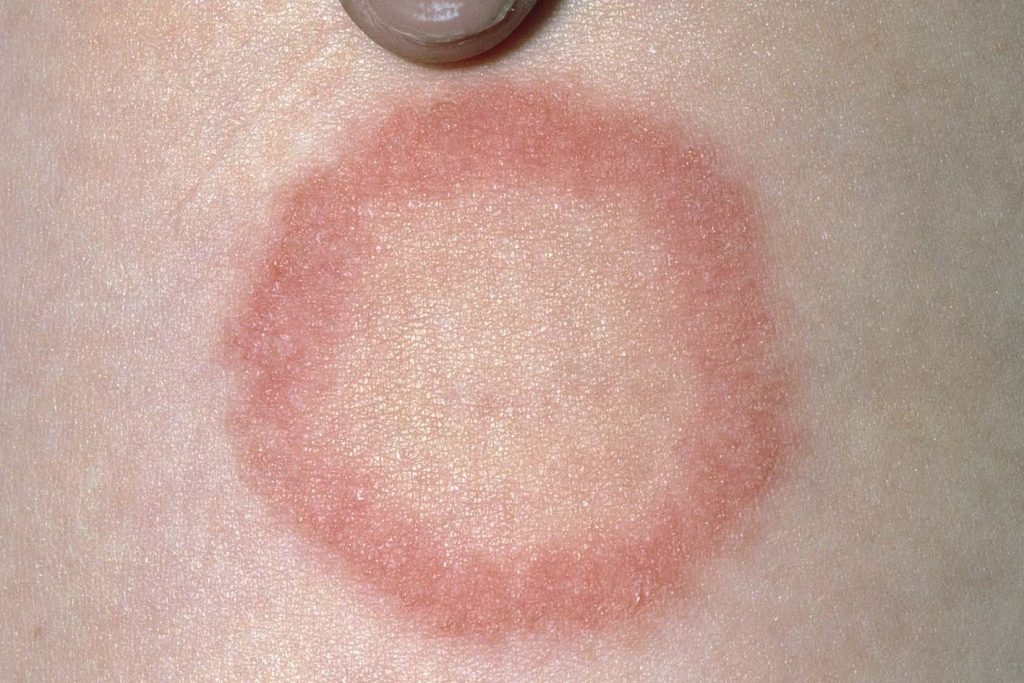Infection Prevention and Control Team
Lanchester Road Hospital
Lanchester Road
Durham
DH5 1RD
Phone: 0191 333 3584
Email: [email protected]

What is ringworm?
Ringworm is not caused by worms. It is a common fungal infection of the skin. The infection is called ringworm because it can cause an itchy, red, circular rash. It can appear anywhere on the body, including the scalp (tinea capitis) and groin (jock itch).
Pets can have ringworm such as cats and dogs and can pass it on if you stroke them.
Its estimated 10 to 20% of people will contract ringworm and although children are more likely to get ringworm, people of all ages can be affected.
Signs and symptoms?
- A ring-like red or silvery rash on the skin. It can look darker than the surrounding skin depending on your skin tone.
- The rash may be scaly, dry, itchy, and/or inflamed.
In severe cases:
- The rings may multiply, grow, or merge.
- The rings may be slightly raised and skin underneath itchy.
- Blisters and puss filled sores may form around the ring.
How does it spread?
The fungi are tiny spores that can survive for months on skin, in soil or on household objects. They thrive in heat and moisture which helps them grow.
It can be passed on through close contact with:
- an infected person or animal.
- infected objects such as bedsheets, combs or towels.
- infected soil although this is less common.
How is ringworm treated?
Ringworm can be treated with antifungal medicine. This might be a cream, gel or spray depending on where the rash is. It is important that you follow the prescribing recommendations.
It is important to complete the treatment even if the rash has gone.
Do
- Do start a treatment as soon as possible.
- Do wash towels and bedsheets on a regular basis.
- Do keep your skin clean and wash hands after touching affected area.
- Do check your skin regularly if you have had contact with and infected person or animal.
Don’t
- Don’t share towels, combs/brushes, or bedsheets with someone who has ringworm.
- Don’t scratch a ringworm rash.
When can I return to work/school?
You can return to work or school once you have started your treatment.
Where can I get further information?
If you require further information, please ask the ward staff or the infection prevention and control nurse.
L1170, v1, 25/04/2022 (archive 25/04/2025)